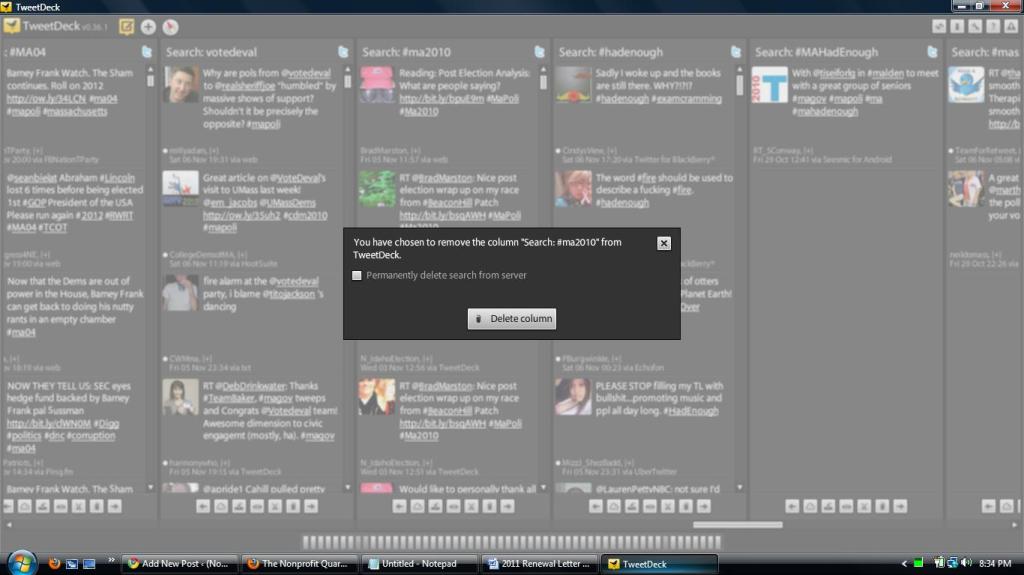The Democratic Unity Press is an underutilized Yahoo Group that some Democratic campaigns and offices add to their press lists to share news about their candidate / official. It’s been a great resource for me in observing the various ways that Democratic press shops are reaching out to the media, and for keeping up with one of my favorite new U.S. senators from my home state of Connecticut, Senator Richard Blumenthal.
This evening I saw a release and accompanying letter that might be of interest to anyone who still stops by this site (I’ve missed you and hope we keep catching up soon!) as it highlights in new concerns that our exponentially developing technology poses for policy makers. And it highlights the ways that our elected officials can leverage their bully pulpit to advocate for their citizens.
As you probably know, about a week ago news broke that “Sony suffered a massive breach in its video game online network that led to the theft of names, addresses and possibly credit card data belonging to 77 million user accounts in what is one of the largest-ever Internet security break-ins.” The breach targeted their PlayStation Network. If you haven’t heard about it yet, don’t feel bad as Sony; many users reported delays in being notified about the breach (if you’re still waiting, here’s the message from Sony).
According to Infosecurity part of the reason it took Sony a week to go public and begin notifying customers incident was because they were “waiting for outside experts to conduct forensic analysis and for Sony experts to understand the scope of the breach.” As you’ll note in the release and note below, there was yet another revelation about another 24.6 million users’ information being compromised. And, as you’ll note, Sony has been further delayed in notifying customers due to an apparent constraint of only being able to notify 500,000 people per hour, meaning it would take 8 days before the last of 100,000,000 customers could be reached.
Some international leaders have recently issued their own warnings to Sony and other companies on privacy, and while the United States still has not passed comprehensive federal legislation around data breach notifications, Senator Blumenthal is making me proud by putting his past advocacy as a champion for consumers in his last position as Connecticut’s attorney general (not sure why this hasn’t been updated yet…) to use. Rather than merely calling for hearings (and I assume they will happen eventually), the Senator is using his influence and the power of his voice through the media to call for immediate actions on behalf of consumers across America, including:
- Demanding immediate action to expedite notifications
- Pursuing the source of the latest round of breached accounts
- Discussing the issue with U.S. Attorney General Eric Holder during tomorrow’s Judiciary Committee hearing
- Calling for direct, public answers and increased transparency
- Encouraging the company to provide two years of free credit reporting services and identity theft insurance to customers who were affected
Check out Senator Blumenthal’s full release and letter to Sony Chairman Kazuo Hazai and President/CEO Jack Tretton after the jump, and let me know how you think our elected leaders should respond to the ever-changing technological enviroment that we live in.
What do you think of the two privacy and data breach notification bills that Congress failed to past lass session? What other effective examples have you seen of elected officials helping citizens outside their formal lawmaking and hearing powers?
(more…)


 Subscribe by email
Subscribe by email